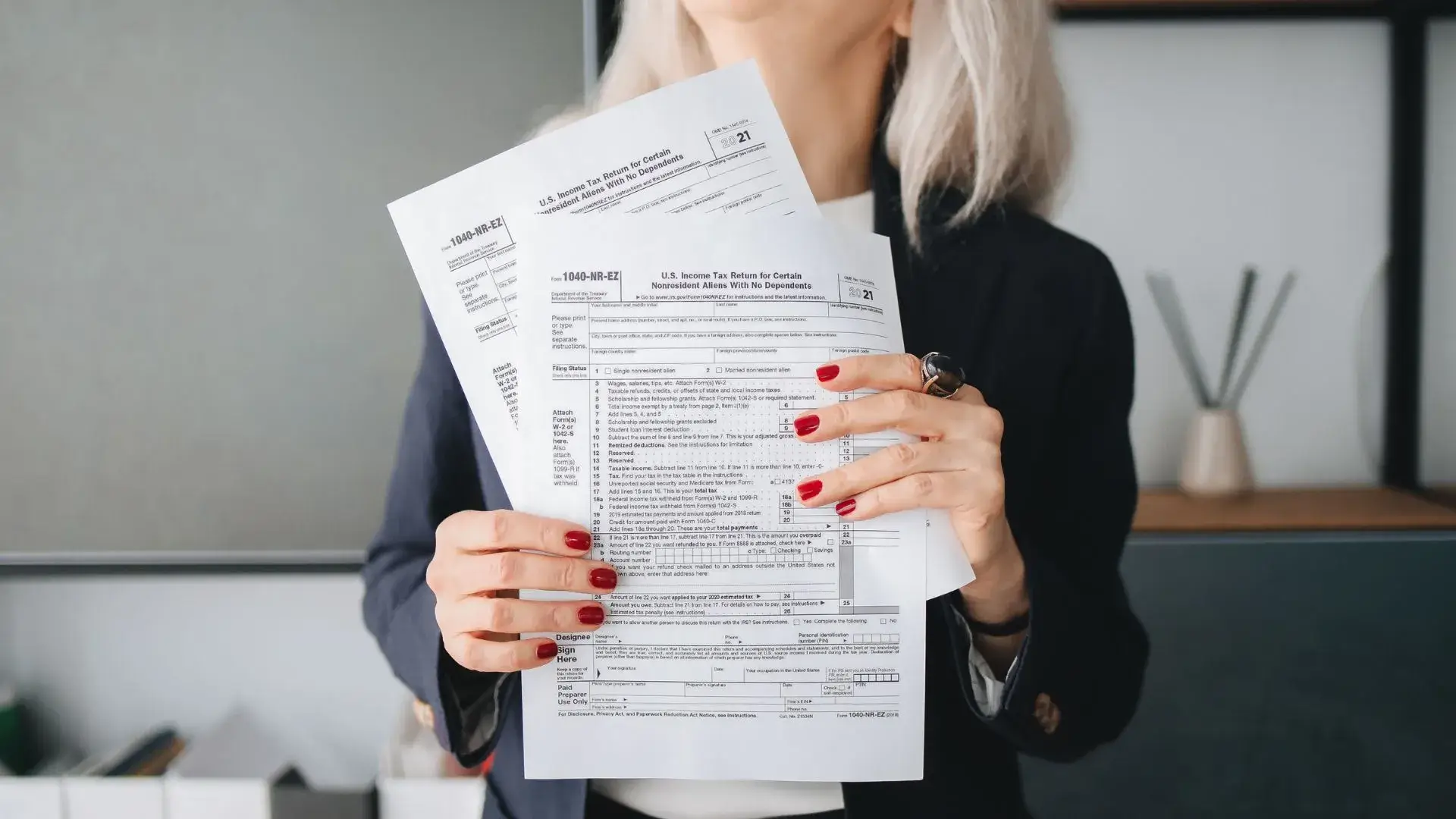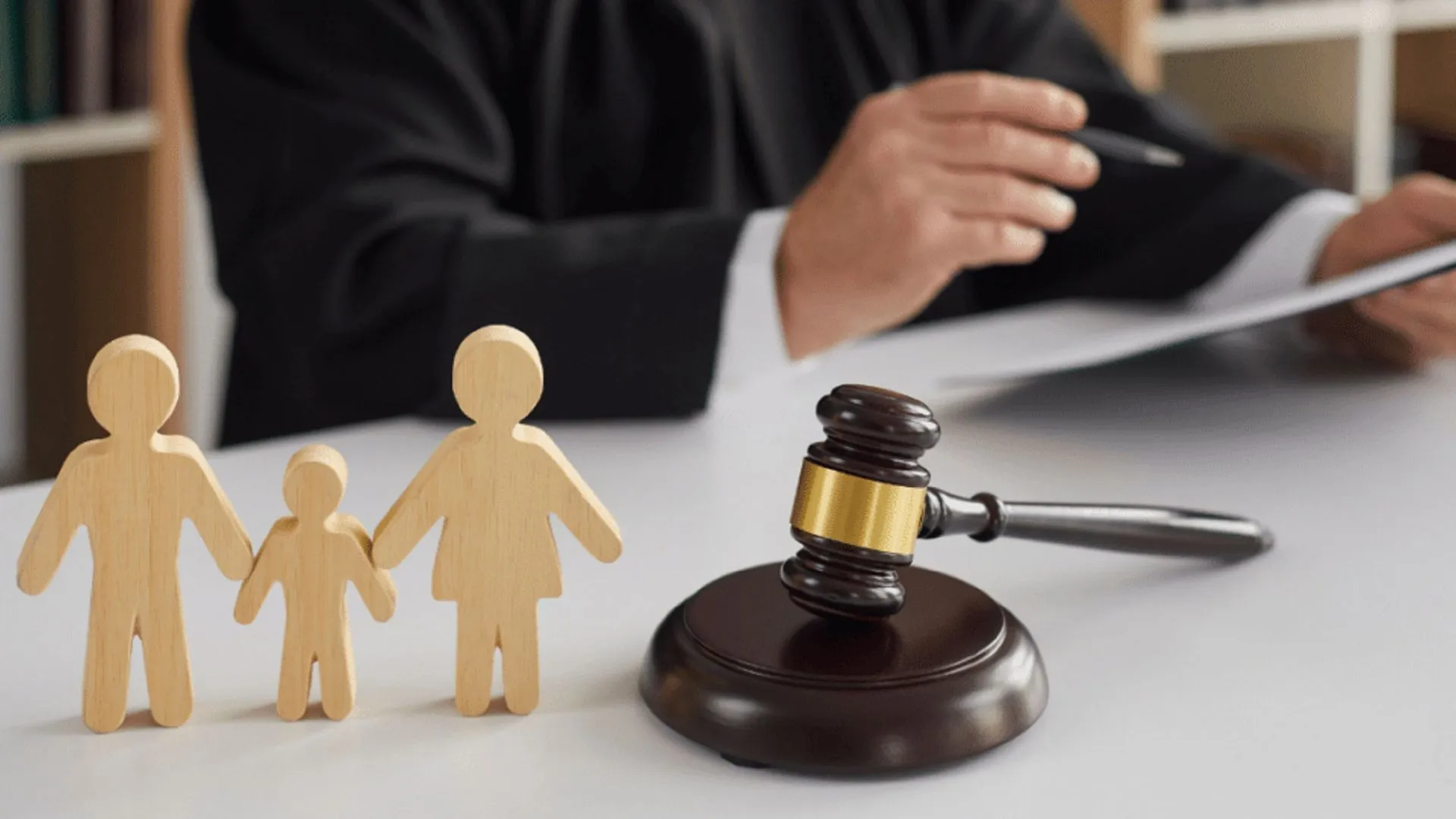Knowing how to serve your spouse divorce papers in California is one of multiple critical steps for filing for divorce. It’s the second step you should do after filing the proper paperwork. Specific rules govern this critical procedure to ensure the fair and legal notification of your spouse regarding the initiation of divorce or separation proceedings. To ensure their validity and proceed without unnecessary delay, you must follow these guidelines. Understanding and adhering to these rules upholds the integrity of the legal process. It also ensures that both parties have a fair opportunity to respond and participate in the proceedings.
Who Can Serve Divorce Papers?

To serve divorce papers in California, the first step is choosing a server. You cannot serve the papers yourself. Therefore, you must select a server to deliver the papers on your behalf. When selecting a server, you must make sure that they are at least 18 years old and are not part of your case in any way.
Options for a server include:
- A friend or relative,
- The county sheriff (though not all counties may offer this service, and there might be a charge unless you have a fee waiver),
- A professional process server.
Once you choose your server, they will be responsible for physically handing over the documents to your spouse. These documents include:
- Copies of the forms you’ve filed with the court, excluding any fee waiver forms,
- A blank Response – Marriage/Domestic Partnership (form FL-120),
- Any other blank response forms related to additional papers filed.
The server should record the location, date, and time of the service. This information is necessary for completing a Proof of Service form.
How to Serve Divorce Papers Under Difficult Circumstances

Knowing how to serve divorce papers is valuable, but it can become challenging if your spouse is uncooperative or difficult to reach. Here’s how to navigate these situations:
If Your Spouse Is in Jail or Prison: An official within the facility will serve the papers. Contact the specific jail, California State prison, or federal prison to identify the appropriate person and understand the process for serving documents.
If Your Spouse Lives on a Military Base: Military bases have unique rules for service. In some cases, the commanding officer might serve the papers. Given the specialized rules for military personnel, consulting with a lawyer is advisable to ensure proper procedure.
If Your Spouse Refuses to Accept the Papers: When a spouse is uncooperative, your server may place the papers near them, explicitly stating their significance, for instance, by leaving the papers next to them and announcing, “These are important legal papers for you.”
If Your Spouse Is Seldom Home or at Work: Your server should attempt delivery at various times and days. If these attempts fail, substituted service may be an option. This involves leaving papers with a responsible adult at the spouse’s residence or workplace. Afterward, the server usually mails a copy to the same address.
How to Serve Divorce Papers by Substituted Service

- Multiple Attempts: Your server must try to deliver the papers in person multiple times, generally at least three, at different times and days when your spouse is likely to be available.
- Leaving the Papers: If direct service isn’t possible, the server can leave the papers with a responsible adult, aged 18 or over, at the residence or workplace. The server must inform this individual about the nature of the documents and their intended recipient.
- Mailing a Copy: Afterward, the server should mail a copy of the papers to your spouse at the location where the papers were left.
- Declaration of Diligence: Your server must document every attempt to serve the papers, including dates, times, and outcomes. This declaration, signed under penalty of perjury, proves the diligent efforts made to serve the papers. While there’s no standard form for this declaration, form MC-030 (Declaration) can be used.
Properly serving divorce papers in difficult circumstances demands persistence and adherence to legal protocols. These measures ensure that your case progresses, even when facing obstacles in serving your spouse.
After Serving Divorce Papers: Proof of Service

After serving, you must use the Proof of Service of Summons (form FL-115) to document the service officially. Complete the case and court details on the form, enabling your server to fill in the section regarding the service’s specifics, including how, when, and where the papers were served. The server’s signature is required on this form.
After completing the form, make a copy and file both the original and the copy at the court where you initiated the proceedings. The court will stamp and return the copy, which you should keep for your records. This step is crucial, as it officially documents that your spouse has been served and allows your case to move forward.
Timing Your Service
Serving your spouse is a prerequisite to moving your case forward. So, if you have a court date, be mindful of the deadline for serving your papers.
For example, if you filed a Request for Order with your Petition, you must serve all the papers at least 16 court days before the court date, unless the court ordered a different deadline, which may be the case if you have a court date for another reason. Once served, your spouse has 30 days to respond, after which you can proceed even without their response.
Successfully serving your divorce or legal separation papers is a critical juncture in the legal process. It sets the foundational groundwork for the proceedings ahead. Navigating this step with diligence and adherence to the outlined protocols ensures that your case moves forward efficiently, regardless of the complexities that may arise. Whether facing straightforward circumstances or navigating the challenges of an uncooperative spouse, military service, or imprisonment, understanding the serving process is essential. By meticulously following these guidelines, you secure a solid starting point for your case, paving the way for a clearer path through the subsequent stages of your legal journey.
Contact Our Family Law Attorneys Today
If you need family law services in Orange County or Los Angeles, contact us today. We are here to offer you knowledgeable, compassionate, and assertive legal assistance in all aspects of family law.

